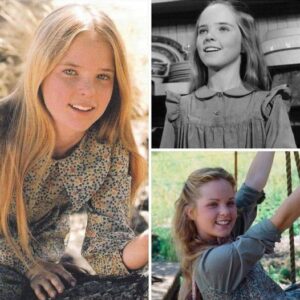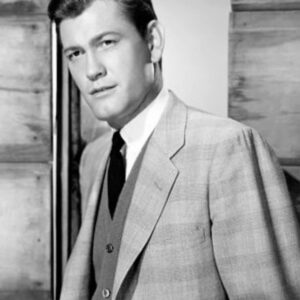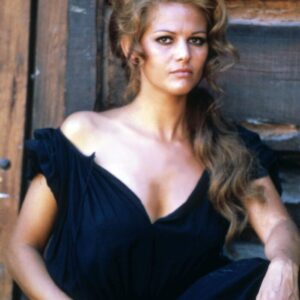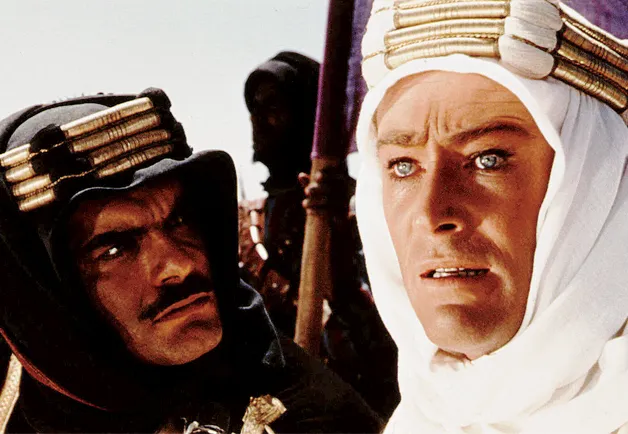
As Peter O’Toole delivered his final tour de force in 2006’s Venus, Glenn O’Brien, GQ’s legendary Style Guy, reflected on the grace and charm of a man who redefined what it meant to be an actor.
Noël Coward—always quick with a quip—once famously told Peter O’Toole, “If you’d been any prettier, you’d have been Florence of Arabia.” But it was Lawrence of Arabia that immortalized O’Toole as the ultimate desert hero, making him the biggest screen sensation since Rudolph Valentino. His portrayal of T. E. Lawrence, the enigmatic figure who led an Arab revolt during World War I, captivated audiences worldwide. I remember, after seeing the film in 1962, I spent weeks wandering around in bedsheets, pretending to be him. With his sun-kissed hair, mesmerizing blue eyes, and aristocratic allure, O’Toole embodied not just seduction, but an irresistible allure that transcended the screen.
He continued to channel that seductive magnetism in films like What’s New, Pussycat? and How to Steal a Million, charming audiences alongside the ever-elegant Audrey Hepburn. But O’Toole wasn’t content with simply being a heartthrob. With seven Oscar nominations under his belt, he resisted becoming another Cary Grant. Instead, he threw himself into a life of indulgence and flamboyant performances—just witness his larger-than-life portrayal of King Henry II in Becket, where he sparred brilliantly with Richard Burton in a masterclass of over-the-top acting.
O’Toole’s specialty was royalty—whether kings, emperors, or eccentric aristocrats. No one could send up the upper class with such sharp, almost anarchic style. In The Ruling Class, at 40, O’Toole delivered a dazzling comic turn as the deranged fourteenth Earl of Gurney, convinced of his divine status. “How do you know you’re God?” an aunt asks. “Simple,” he replies, “When I pray to Him, I find that I’m talking to myself.” It was O’Toole at his comedic and dramatic best—unpredictable, electric, and utterly magnetic. He was, like Burton, one of those rare treasures of the craft: a passionate performer who took risks, both on and off the screen.
In Venus, at the age of 74, O’Toole once again captured that same complexity, portraying an aging actor still clinging to life’s pleasures. The film, written by Hanif Kureishi and directed by Roger Michell, tells the story of an unlikely romance between O’Toole’s character and a young aspiring model, played with a delicate balance of wit and poignancy. In a role where he smokes, drinks, and stumbles through life’s twilight, O’Toole brought every wrinkle and ache to vivid life. It was an exquisite performance, one that not only showed the ravages of time but the undying flicker of desire. Many believed Venus would finally earn him the Oscar that had eluded him throughout his career. And whether or not that accolade arrived, it was clear—Peter O’Toole, in his final great act, was still the king.
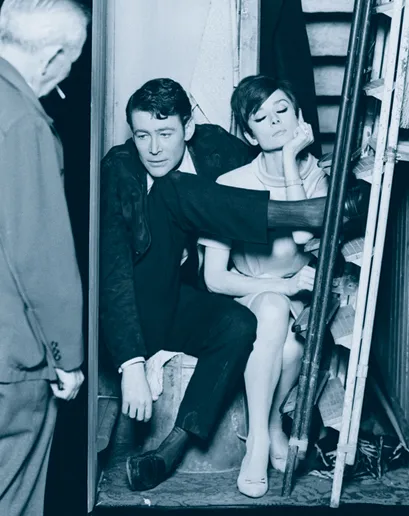
With Audrey Hepburn in How to Steal a Million, 1966.

